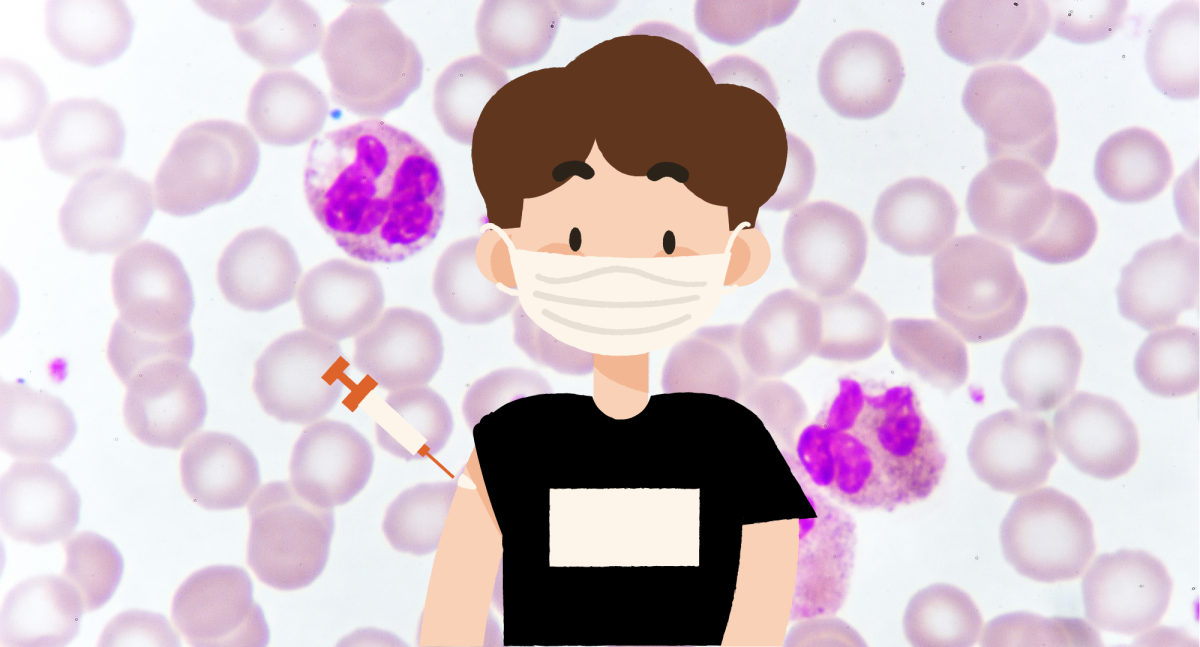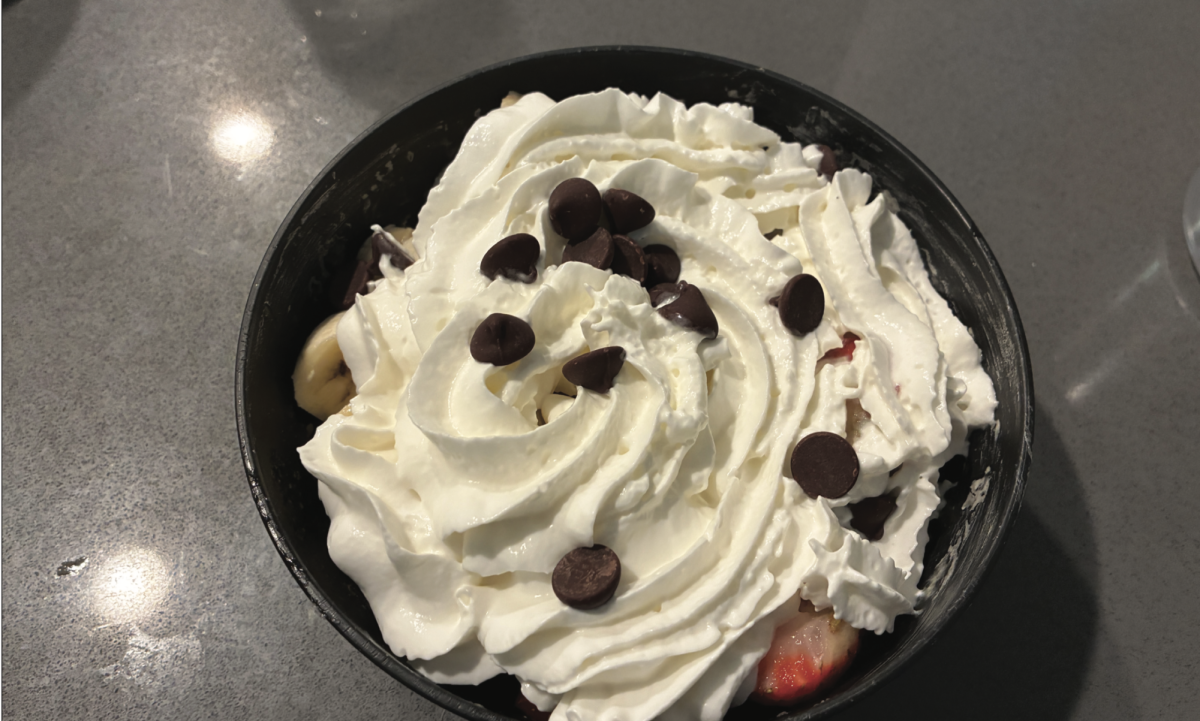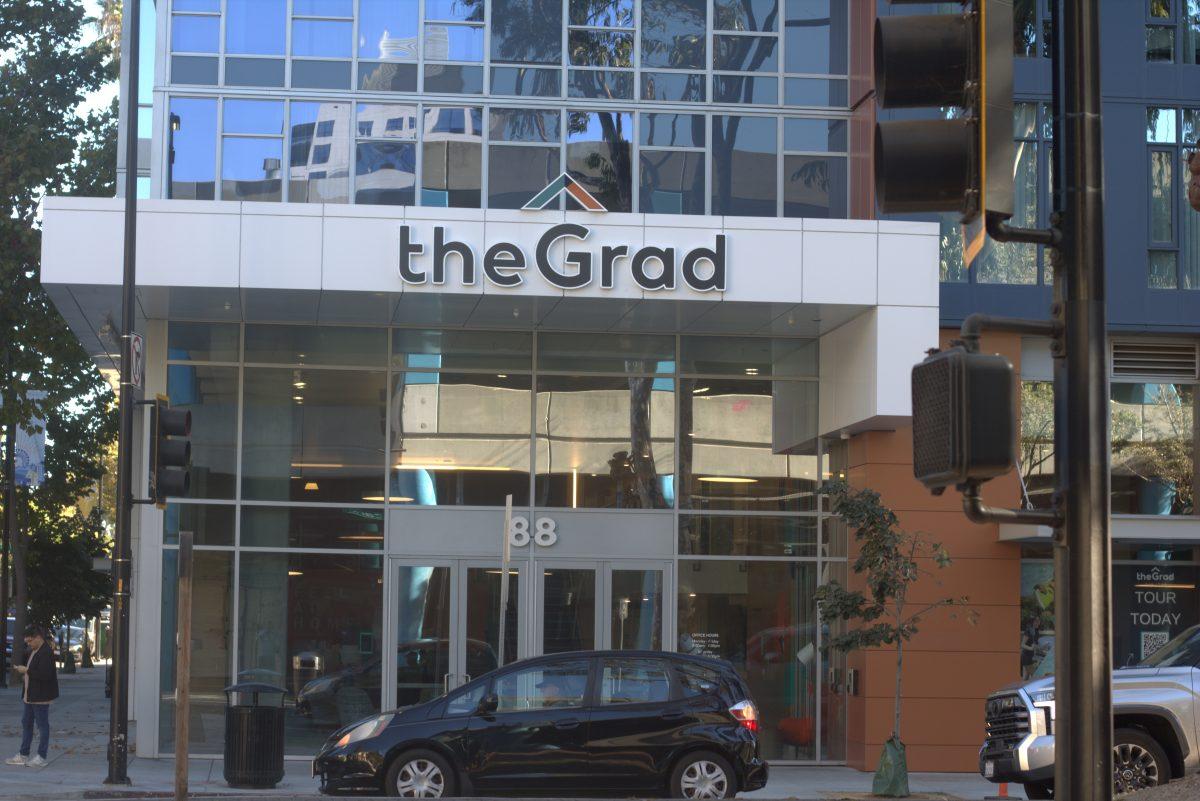The initial joy of being home for two weeks quickly faded as I soon realized how much the coronavirus lock down would affect my life.
Getting vaccinated can be a strange and uneasy feeling to some, but it plays an important part in protecting those around you.
As the three-year mark of the initial lockdowns approaches, it’s still important to advocate for people to get vaccinated and for those who are already vaccinated to receive boosters.
When the vaccines were rolling out towards the end of 2020, I knew that when I got the opportunity, I was going to take the shot no questions asked.
I knew that being vaccinated meant I was at less risk of getting COVID-19 and I could slowly return to working and going to school in person.
The most important part was that getting vaccinated not only protected myself, but it would protect my close family and friends.
As someone who is immunocompromised, it felt almost as if a weight was being lifted off of my shoulders. More importantly, it felt great to protect the two other immunocompromised people I lived with.
Living during the time of COVID-19 was also immensely scary as I didn’t really know the full extent of how the virus could affect people. All I knew was that I didn’t want to be the reason that one of my family members got the virus and ultimately died.
I got my first two shots of Pfizer in March of 2021, and once October rolled around, I knew it was time to get my booster.
The booster shot didn’t go how I expected as the day after I felt the side effects much stronger than my previous two shots, but my heart rate was way beyond the level that it should have been.
When I got home from work, I immediately went to bed, but could not stay asleep as my heart was just beating rapidly.
I eventually measured my heart rate to see my resting heart rate at 140 beats per minute.
The average resting heart rate for most adults should sit at 60 and 100 beats per minute, according to an American Heart Association article.
I knew I had to go to the emergency room, and once I was there, the nurse initially thought that I had a blood clot in my lung, causing my heart to work overtime.
I left six hours after the nurses told me my heart was inflamed from a side effect of the booster vaccination shot.
I was diagnosed with Myocarditis, a rare condition in which inflammation occurs in the middle muscle layer of the heart, according to an American Heart Association article.
Leaving the hospital, I grew very worried about what decision I was going to make when it came time again to get another booster shot.
Myocarditis is a rare side effect for those receiving any COVID-19 vaccine, and in a case study of 1.4 million people, nine patients developed it, according to a Nov. 1, 2022 American Heart Association article.
When word began to spread about what had happened to me, my biggest fear started to become a reality as my close friends and family began to use my case as an example of why they did not want to receive a booster vaccination.
I felt sad what happened to me was now being used as a reason not to get vaccinated.
Even for myself, it was a very scary experience to have to get re-boosted because I was nervous that what happened to me prior would happen again.
After conversations with my primary health physician, I decided it was in my best interest and best interest of those who I live with to get my fourth COVID-19 vaccination.
With the pandemic seemingly never-ending, vaccination talk has started to slow, especially with a majority of the American population being vaccinated.
81% of Americans have received at least one dose of the vaccine, while 69% are considered to be fully vaccinated, according to usafacts.org
I understand that it can be scary to get vaccinated. Not everyone is able to get vaccinated due to medical or religious reasons, but those who can, and are willing, should not put those around them in danger.
Washington Wizards forward Bradley Beal initially refused to get vaccinated for personal reasons, according to a Sept. 27, 2021 Forbes article.
“I would like an explanation to people with vaccines, why are they still getting COVID?” Beal said in a Sept. 27, 2021 ESPN article. “Some people have bad reactions to the vaccine. Nobody likes to talk about that.”
Beal would ultimately get vaccinated, citing not wanting to put his family in harm’s way, but said he still has questions about the vaccine, according to Dec. 30, 2021 NBC Sports article.
As someone who had negative side effects, I understand where Beal is coming from, but side effects shouldn’t deter people from getting vaccinated.
It’s our civil duty to those around us to get vaccinated if you can, and as the years progress, we will continuously need to get vaccinated even if we already have received COVID-19 vaccines prior.
Please don’t let bad side effects deter you from getting vaccinated, as one day of not feeling well outweighs the possibility of putting a loved one in harm’s way.









































